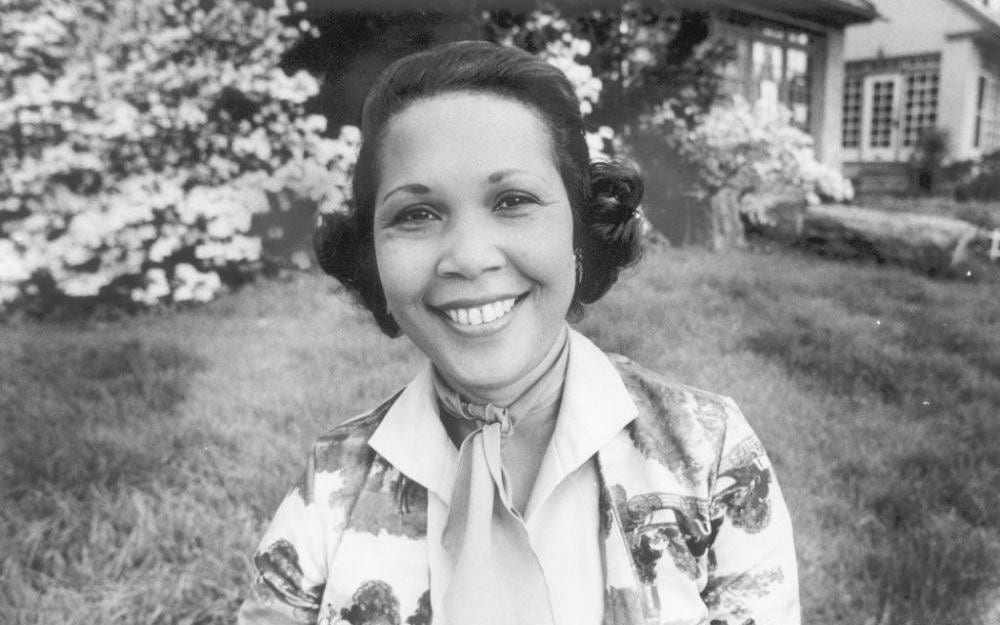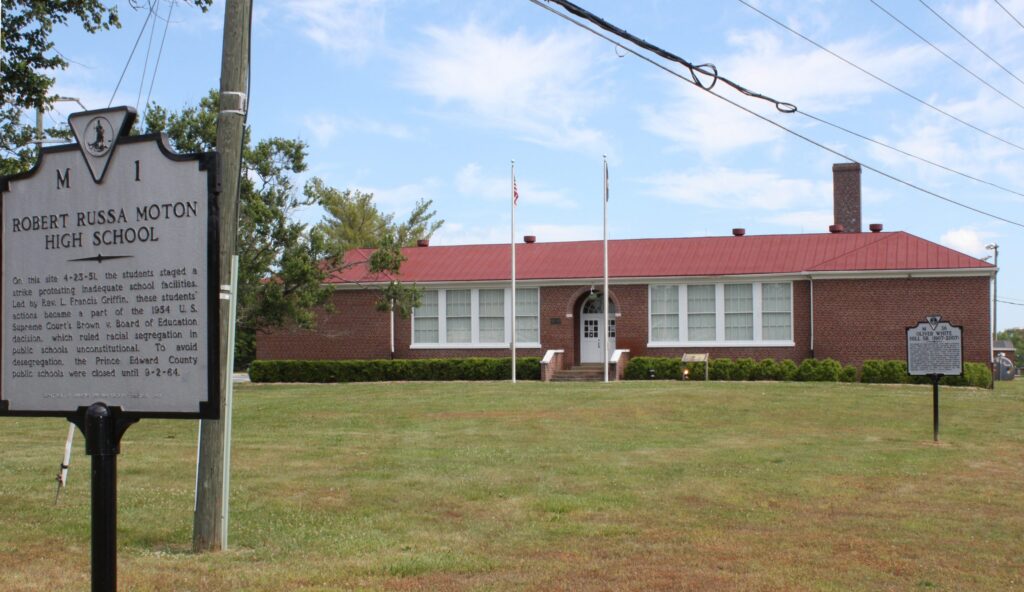Congress expands Brown v. Board of Education historic site to Virginia and other states
Back in 2020, the PW Perspective featured Barbara Rose Johns, who as a teenager, helped to organize a strike that led to the desegregation of public schools in Prince Edward County. Now, the school that she helped to integrate is finally getting recognized for its place in history, as well as other educational institutions.

The U.S. House cleared a bill Tuesday that would expand the Kansas site honoring the U.S. Supreme Court ruling overturning school segregation, adding National Park Service sites in other states to commemorate their roles in the decision as well.
The bill would designate sites related to school desegregation cases in Virginia, Delaware, South Carolina and the District of Columbia as important parts of the 1954 Brown v. Board of Education decision that ended legal school segregation. All sites would be managed by the National Park Service.
The House passed the bill by voice vote Tuesday, with no member raising an objection. The Senate also passed the bill by voice vote April 6, meaning the House action Tuesday sends the measure to the White House for President Joe Biden’s signature.
One of the cases that the court heard with Brown was Davis v. County School Board of Prince Edward County. Under the bill, the site of the all-Black Robert Russa Moton High School in Farmville, Virginia, which was the subject of the suit, will become a national historic landmark and museum.
It requires the Department of Interior to develop a management plan for each site.
“In recent years, the National Park Service has made a concerted effort to provide a more inclusive look at American history to ensure that our parks tell the stories of all Americans,” U.S. Rep. Cliff Bentz, an Oregon Republican who led the GOP floor debate on the bill, said. “I applaud the National Park Service for its efforts to make all Americans feel welcome and included in our national park system.”
The Brown v. Board of Education National Historic Site would become the Brown v. Board of Education National Historical Park under the legislation.
(Editor’s Note: This article was published with permission by the Virginia Mercury.)



